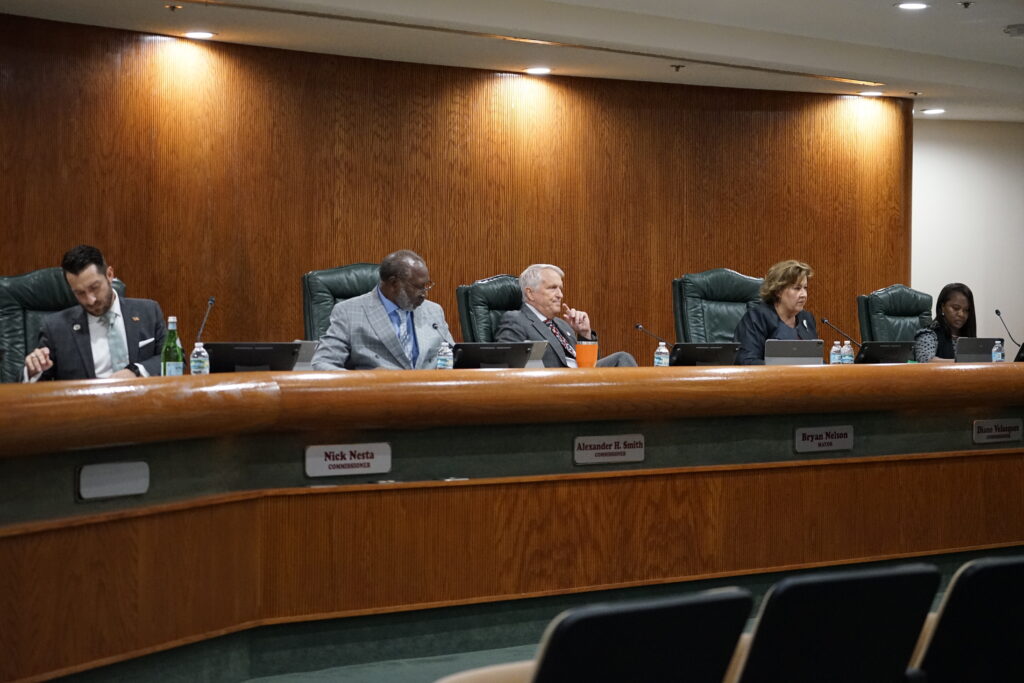
Marshall Tempest
Key Points
In a reversal of a previous decision, the Apopka City Council voted 4-1 to postpone a special election on eight proposed city charter amendments, opting instead to place them on the March 2026 ballot.
Citing concerns about the cost of more than $53,000 for a special election and the potential for voter confusion among active military personnel, Vice Mayor Diane Velazquez argued to move the charter amendment election to coincide with next year’s regular elections.
“When we have a pre-election year, we have already candidates that have filed to run for office, and when I realized that the absentee ballots would be going out, just not here but also to the active military, I felt that it was unfair to those active military personnel to get a ballot and not understand what they were voting for,” Velazquez said.
The decision, opposed by Commissioner Nick Nesta, means City Clerk Susan Bone will not send the materials for a November election and will instead prepare a new ordinance for the March date.
The City Council originally had on its Sept. 3 agenda an action item to adopt a resolution that would have authorized Bone to set up the special election on Nov. 4 for the charter amendments. Instead, the City Council voted 4-1 to instruct Bone not to send the charter amendment materials for the November election.
After the city’s Aug. 20 meeting, Bone – at the City Council’s direction – asked the Orange County Supervisor of Elections Office if there was still time to hold a Nov. 4 special election for the charter amendment questions. The Orange County Supervisor of Elections confirmed that the deadline didn’t pass, but all ballot materials in Spanish and English and the election agreement were due Sept. 5, according to the Sept. 3 City Council staff report.
What’s more, the supervisor of elections quoted the total cost of the November special election as $53,037.41, which includes $8,158.12 for one week of early voting, the staff report states.
Nesta argued it would be better to hold the charter amendment vote in November instead of March to lessen confusion among the candidates and voters, and for transparency.
“Let’s say that somebody wins [and] they want to be a strong mayor,” Nesta said. “At the same time that person’s elected, some … residents vote that they do not want a strong mayor, and then that person quits. Then we’re back to another election anyway. So this gets ahead of any of that, and it doesn’t muddy that water anymore.”
Nesta said the military personnel do have time to review the amendments.
The eight proposed charter amendments are as follows: switching the form of government from mayor-council to council-manager, renaming the governing body from “Council” to “Commission,” clarifying the city clerk’s ministerial role in election qualifying, setting city elections for the first Tuesday in March, establishing term limits of two consecutive terms for commissioners and mayors, making all city employees at-will except those under contracts, requiring the city clerk and city attorney to be appointed by the City Commission, and implementing the public comment period before decision items on the agenda.
If the charter is amended to change the form of government from mayor-council to council-manager, it would take effect 120 days after Election Day.
The changed form of government would also revert the mayor’s salary to a commissioner’s and include the hiring and training of a city manager.
Suggested Articles
No related articles found.



